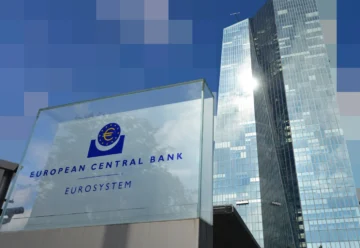Cash Payments on Rise in U.K. for Second Year in Row

Cash was used for one in five purchases in the U.K. last year, although debit cards remain the most popular payment method.
The share of transactions involving cash payments in the U.K. rose to 19.9% in 2023, according to research conducted by the British Retail Consortium (BRC). Analysts noted that cash usage increased for the second consecutive year, up from 18.8% in 2022. By comparison, last year’s study showed that cash payments accounted for 15% of retail transactions in 2021, a drop from 30% in 2020.
Analysts attribute the decline in cash usage to COVID-19 restrictions. However, the recent increase reflects a partial economic recovery post-pandemic and highlights the continued importance of cash as a payment option for a significant portion of consumers. The overall value share of cash payments in 2023 stood at 11.2%.
Debit cards remain the dominant payment method, accounting for approximately 62% of all transactions and 66.7% of all spending. Combined, debit and credit cards made up over 75% of transactions and 85% of total expenditures. The total number of transactions increased from 19.6 billion to 21 billion, while the average transaction value dropped from £22.43 to £22.03.
As card payments continue to dominate, the BRC called on the Payment Systems Regulator (PSR) to implement reforms, citing a lack of transparency and justification for rising processing fees imposed by banks and card issuers. Retailers’ total payment processing fees rose by over 25% YoY, leading to extra costs of £380 million. In 2023, the total fees paid for card processing in the U.K. reached £1.64 billion.
Comprehensive cryptocurrency regulations in the U.K. are expected in 2026, according to the Financial Conduct Authority’s (FCA) roadmap. Cryptocurrencies may offer a more cost-effective alternative to traditional banking and card payments, as highlighted by Max Krupyshev, CEO of CryptoProcessing.com, during the Purpose Driven FinTech podcast.











